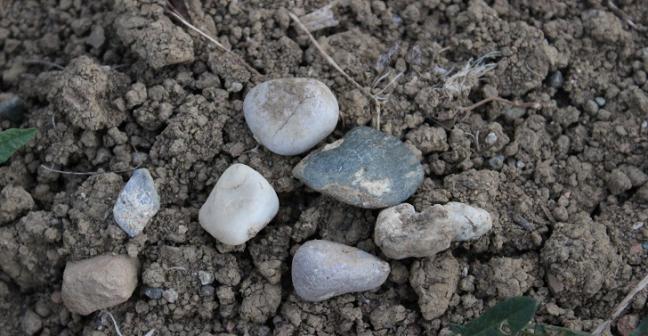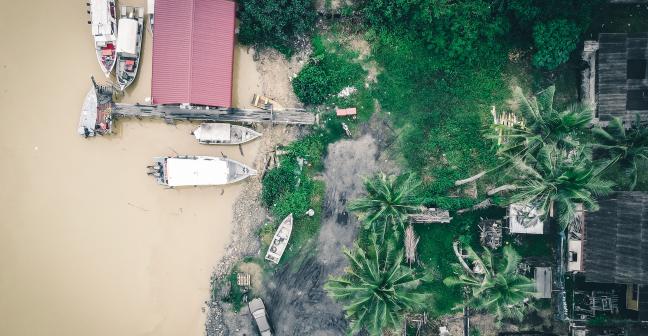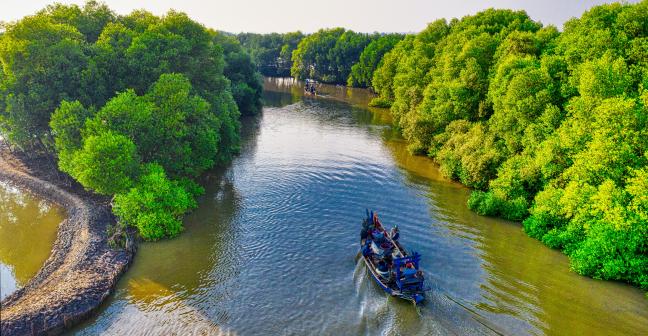This event was organised in collaboration with Midlands Land Events (MidLE) for our Land Condition Early Career Network.
The importance of soils is becoming more widely recognised, with soils moving up the agenda for many stakeholders in the land condition sector. For people...






